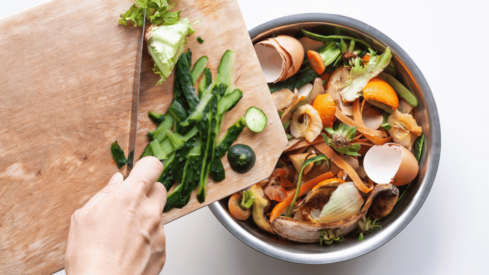Turning food waste into pet food? British supermarkets are up for it

Tesco and Waitrose aim to reduce food leftovers by half over the next few years.
In a move to boost alternative protein while cutting down on food waste, Resource Insects has partnered with 2 of the biggest British supermarket chains.
Waitrose is converting its surplus food into pet food, animal feed, and biofertilizers. In a 6-month trial covering 20 stores, soon to be expanded to 75, the supermarket chain hopes this initiative will help cut its food waste by 50% by 2030.
During the trial, damaged or leftover food will be segregated by product, including bakery items, fruit and vegetables, dairy, juice, meat, and fish. Animal by-products, such as meat or fish unfit for human intake, will be diverted to pet food for dry and wet dog and cat meals.
Once the trial concludes and is deemed successful, the supermarket chain hopes to make it a permanent solution.
Upcycling leftovers
Tesco plans to halve its food waste by 2025 and is exploring how insect farming could be a sustainable solution to achieve this target.
Although the main priority is to redistribute surplus food to charities and local communities, the supermarket chain is also looking to upcycle leftovers no longer fit for human consumption into pet food.
“In cases where food is no longer fit for human or direct animal consumption, converting food waste into alternative protein to replace or displace soy and fishmeal can help tackle some of the environmental issues associated with food and feed production,” said the company.
Sarah Bradbury, Group Quality Director at Tesco, believes that by diverting food waste to grow insect protein, Tesco can turn surplus food into a “much more environmentally friendly commodity.”
The supermarket chain claims to have cut food waste by 45% since 2016 through donations to community food banks and redirecting surplus to animal feed.